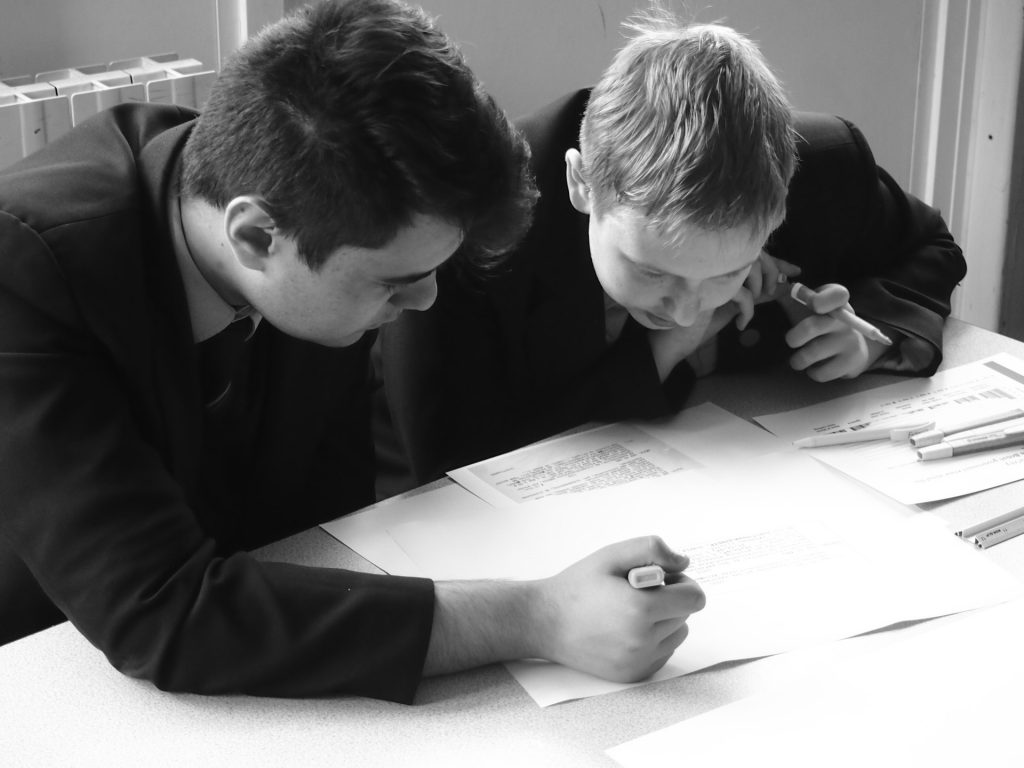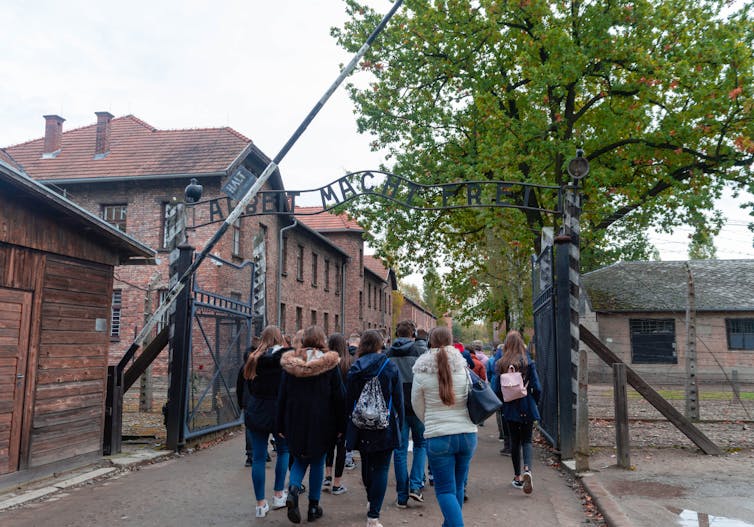
OLYMPUS DIGITAL CAMERA
27 January 2022
By Tom Haward, Becky Hale and Mary Richardson
“I have always felt that it’s not appropriate to assess Holocaust work as we do other topics,”
…said a history teacher who participated in the recent national study conducted by the UCL Centre for Holocaust Education(CHE) in England. This comment reflects a persistent concern about teaching “difficult history” in schools and, as we observe Holocaust Memorial Day today, underlines the value of keeping such content visible in our curriculum. Assessment of challenging content has been a quandary for educators for decades and we wonder whether this view of assessment is specific to teaching about the Holocaust, or perhaps it is something experienced when teaching other ‘difficult’ content, for example the transatlantic slave trade, or the value of citizenship education?
But what do we mean when we describe something as a ‘difficult history’ and how do we explain it? What is difficult about it? Are we talking about the nature of the content, or the educational challenges associated with teaching this material to young people? And how do we distinguish ‘difficult history’ from an array of terms such as emotive history, challenging content, violent pasts, difficult knowledge and controversial content? In exploring such questions, we are examining how teaching about the Holocaust has been described in the past because reports such as the Historical Association’s 2007 TEACH Report suggest that (more…)

 Close
Close








